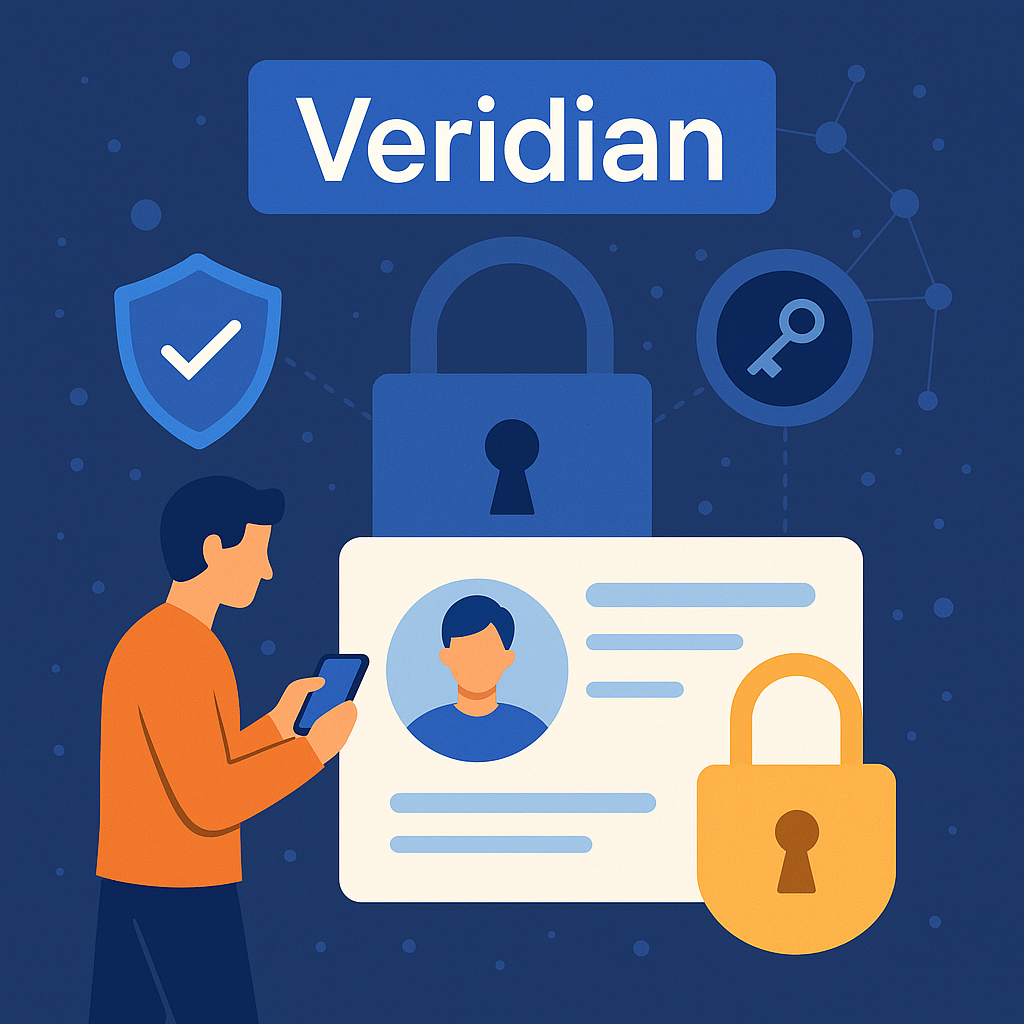
New drop from Cardano Foundation
Cardano Foundation has introduced a decentralized identity solution called Veridian.
Here’s how it works:
- You install the Veridian Wallet (available on Android and iOS) and generate a private key.
- It functions much like a crypto wallet - but instead of holding coins and tokens, it stores non-fungible, immutable files: your personal data.
- These data credentials are issued by trusted organizations. For example, when someone is born, an official body certifying births can send them a credential confirming their date of birth.
- The credentials are stored in a decentralized registry, and only the wallet owner can access them. This removes the need to trust centralized databases that could delete or alter your data - and it also makes mass hacks nearly impossible. In this system, even if someone is hacked, only one person’s data might be exposed, not millions.
- That said, there are currently no real organizations issuing digital IDs in the Veridian system. It’s just a bare-bones platform at this point, meant primarily for experimentation.
💬 To be honest, I expected more from Cardano. They’ve been so meticulous with their work on ADA that I assumed their identity platform would be just as polished. But there's still one huge issue left unaddressed - one that feels pretty obvious:
If someone asks me to share my data, how can they be sure I’m sharing my own info - and not a family member’s, whose private key is also stored on my device?
🧐 So for now, I still think ADA is a much more solid Cardano's product than Veridian.
⚡ And speaking of ADA - don’t forget, you can exchange it at the best rates on rabbit.io.













